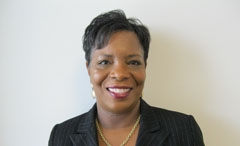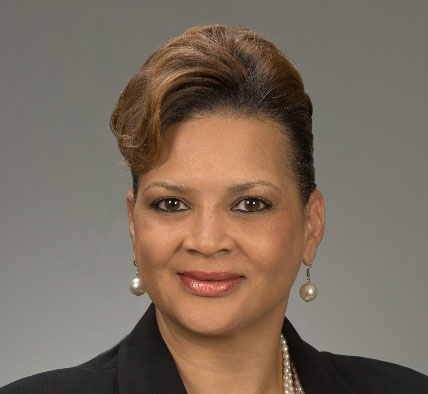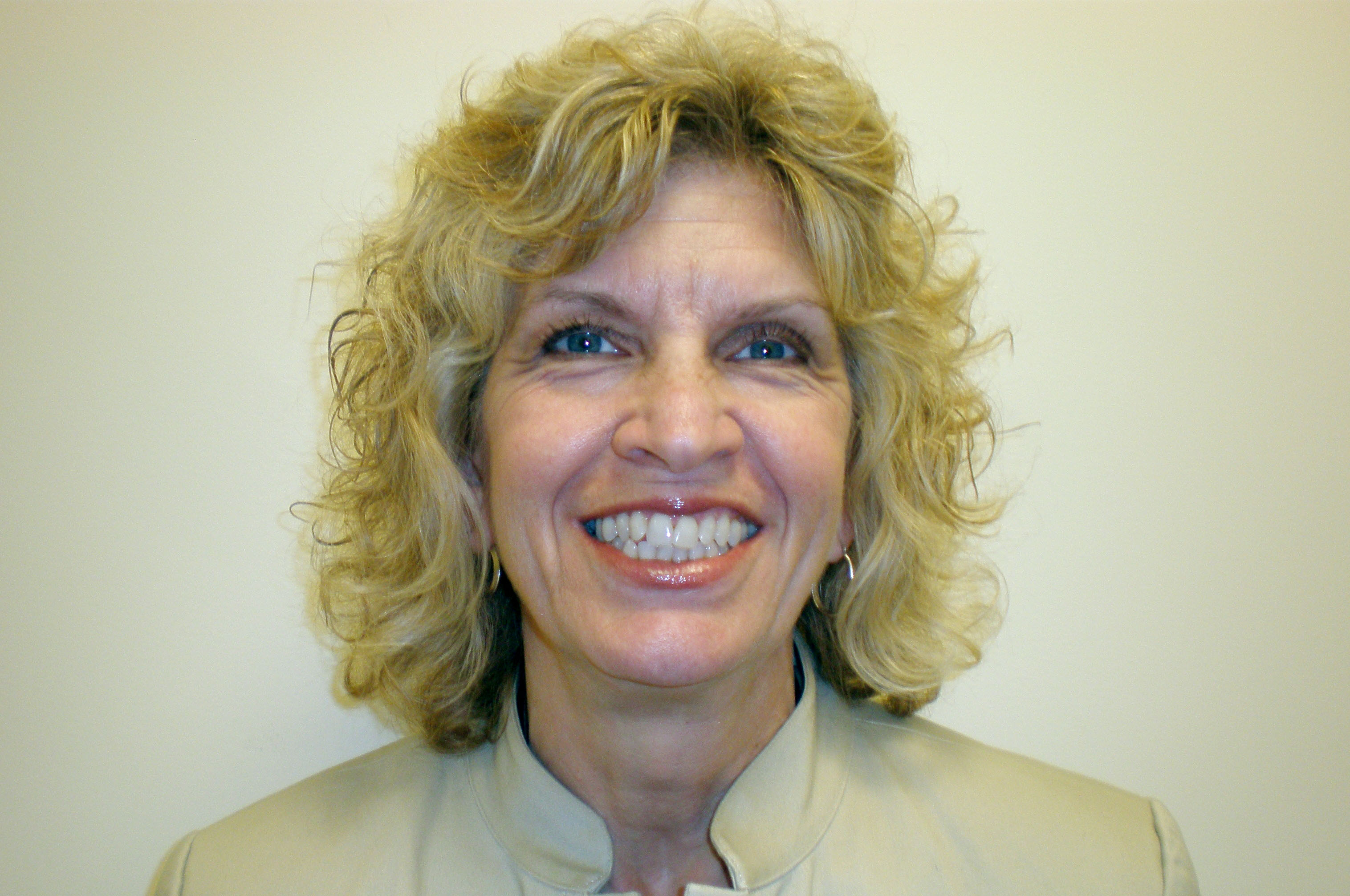Champions of Change Blog
Going Green in the City
Posted by on April 25, 2012 at 11:37 AM ESTSteve Montle is being recognized as a Champion of Change for his innovative energy priorities and sustainable living practices making a greener community a possibility in any American city or town.
I am honored to have been selected as a Champion of Change for my work with the Center for Community Progress and our community based efforts to create sustainable options for urban redevelopment in Flint, Michigan. While I am pleased to accept this honor, it should be recognized that my work is only a small part of a larger effort by our community to: revitalize our core urban areas, take responsibility for the revitalization of our valuable natural resources, and create a better quality of life for those who live and work in our city.
Flint, like many industrial cities, has seen its share of setbacks in recent decades. Job losses, infrastructure decline, population loss and environmental contamination are all well-documented issues facing Flint and similar cities in Michigan and the Great Lakes Region. However, through strong local leadership and extensive cooperative efforts, our community has begun to turn the corner and build a future based on finding new and creative options to address many of our long-standing development challenges.
Learn more about Energy and Environment, ServiceWest Virginia: A National Leader in Sustainable Communities
Posted by on April 25, 2012 at 11:33 AM ESTJoesph Mathis is being recognized as a Champion of Change for his innovative energy priorities and sustainable living practices making a greener community a possibility in any American city or town.
In a comprehensive study performed by Rupert Vance, an American sociologist, in 1962, he stated that “if the problem of Appalachia is to be met, it must be interpreted in the context of national development.” Yet in the same decade contemporary historian Thomas Kiffmeyer noted in his recent book Reformers to Radicals: The Appalachian Volunteers and the War on Poverty that “the trajectory of activism – the self-serving nature of many of the participants and their attitudes toward those they came to help – reveals the shortcomings of America’s reform tradition.” He went on to critique a model that sought to interpret Appalachia in the context of a 60’s version of community development by stating that the “War on Poverty planners and participants adopted, as did many of their civil rights counterparts, a reform philosophy that saw victims as the source of poverty and ignored attempts to better their own conditions.”
Committed Communities Pushing for Sustainability
Posted by on April 25, 2012 at 11:32 AM ESTCynthia Solomon Barber is being recognized as a Champion of Change for her innovative energy priorities and sustainable living practices making a greener community a possibility in any American city or town.
I am truly honored to be recognized as a Champion of Change for Greening Our Cities. This honor is a testament to the hard work of the City of Tallahassee - our elected officials, city administrators, employees, and our citizens - to create a sustainable and livable community; an effort, I am pleased to have been selected to lead. I have always wanted to work in an area where I could really make a difference. That is why I chose a career in local government.
However, in my wildest dreams, I never thought I would be the City of Tallahassee’s Chief Tree-Hugger. Like many others, my traditional perception of “the environmentalist” is the image of some radical tree-hugger clinging to a large oak tree destined for its demise. The mere thought of “going green” strikes fear in some of us. It can provoke thoughts of sacrifice in nearly every aspect of one’s life.
Well, sustainability is not an all or none proposition. It is the power of the individual actions that each of us can take that truly creates sustainable, livable communities. I wish I could tell you that journey will always be easy and the changes readily accepted. But, I recall the day that employees were notified that we were giving up our garbage cans – trading them for recycling bins. I thought I would need an escort to my car. However, over time employees have embraced the program, increased the agency’s recycling participation, and even become champions of the program.
Putting Yourself “Out of Business:” The Role of a Sustainability Coordinator
Posted by on April 25, 2012 at 11:23 AM ESTLindsay Baxter is being recognized as a Champion of Change for her innovative energy priorities and sustainable living practices making a greener community a possibility in any American city or town.
As a graduate student five years ago, I received a lot of blank stares when I answered “become a sustainability coordinator” in response to the question, “What do you want to do when you finish school?” Most people had not heard of such a position and, not surprisingly, had no idea what a sustainability coordinator did.
I soon found myself asking the same question when I had the honor of becoming the first Sustainability Coordinator for the City of Pittsburgh. Whether their titles are coordinators, managers or directors, those who serve as the point-person for sustainability in an organization are becoming more and more common in corporations, government and higher education.
Building A Better and Brighter Tomorrow
Posted by on April 25, 2012 at 11:23 AM ESTDeborah Scott is being recognized as a Champion of Change for her innovative energy priorities and sustainable living practices making a greener community a possibility in any American city or town.
When the national Emerald Cities Collaborative was launched to advance energy efficiency and sustainable development goals aimed at improving job quality, job access, and social equity, I agreed to convene a regional table, Emerald Cities Atlanta. The initial meeting of the local collaborative attracted more than 40 organizations representing a wide range of community interests including labor, business, educational, environmental, and non-profit community-based groups with Atlanta Mayor Kasim Reed was one of the first officials to sign on to the program. Emerald Cities Atlanta is working to develop green strategies based on retrofitting buildings for energy efficiency, transit oriented development, smarter growth and a commitment to civic engagement. We believe strong partnerships are the key to building a sustainable economy with equity for all people in the southeast.
Early Environmental Education That Will Last Through Adulthood
Posted by on April 25, 2012 at 11:03 AM ESTMarian Robidas is being recognized as a Champion of Change for her innovative energy priorities and sustainable living practices making a greener community a possibility in any American city or town.
I am extremely honored to be selected as a Champion for Change for Greening Our Cities and Towns. I am blessed to work in the school district of Northern Lebanon and the community of Jonestown, Pennsylvania, where members are committed to sustaining a healthy environment for years to come.
Through a partnership of the Jonestown Borough, Jonestown Elementary School, and Estelle Ruppert with the state Department of Conservation and Natural Resources (DCNR), the students have had numerous opportunities to incorporate DCNR’s educational program P.L.A.C.E. – People, Land, and Community Education – for place-based, real-world learning experiences.
- &lsaquo previous
- …
- 115
- 116
- 117
- 118
- 119
- 120
- 121
- 122
- 123
- …
- next &rsaquo
White House Blogs
- The White House Blog
- Middle Class Task Force
- Council of Economic Advisers
- Council on Environmental Quality
- Council on Women and Girls
- Office of Intergovernmental Affairs
- Office of Management and Budget
- Office of Public Engagement
- Office of Science & Tech Policy
- Office of Urban Affairs
- Open Government
- Faith and Neighborhood Partnerships
- Social Innovation and Civic Participation
- US Trade Representative
- Office National Drug Control Policy
categories
- AIDS Policy
- Alaska
- Blueprint for an America Built to Last
- Budget
- Civil Rights
- Defense
- Disabilities
- Economy
- Education
- Energy and Environment
- Equal Pay
- Ethics
- Faith Based
- Fiscal Responsibility
- Foreign Policy
- Grab Bag
- Health Care
- Homeland Security
- Immigration
- Innovation Fellows
- Inside the White House
- Middle Class Security
- Open Government
- Poverty
- Rural
- Seniors and Social Security
- Service
- Social Innovation
- State of the Union
- Taxes
- Technology
- Urban Policy
- Veterans
- Violence Prevention
- White House Internships
- Women
- Working Families
- Additional Issues







